How Russian double agents rose to the top of MI6 and CIA
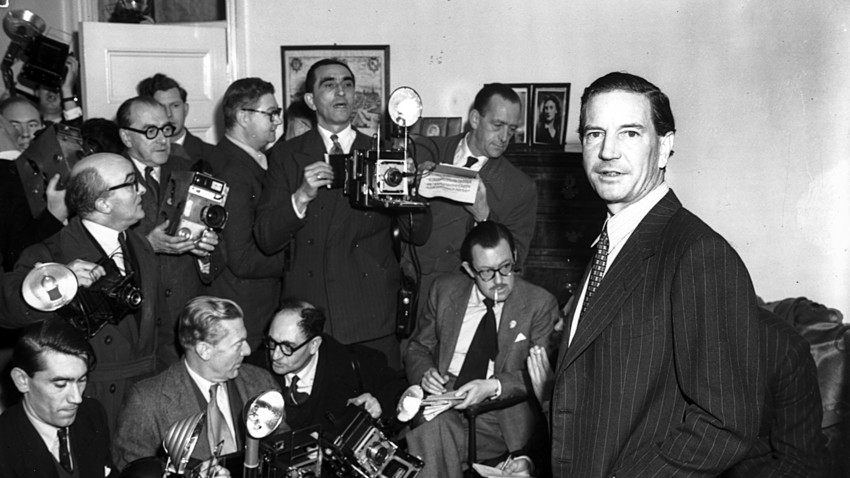
Kim Philby was the best-known member of the Cambridge Five Soviet spy ring in the UK
Getty Images1. Kim Philby
Philby, the best-known member of the Cambridge Five Soviet spy ring in the UK, held both the highest British and Soviet state awards. In 1945, for achievements during WWII, he received the Order of the British Empire from Queen Elizabeth II. In 1947, with the Cold war approaching, Joseph Stalin awarded him the Order of the Red Banner.
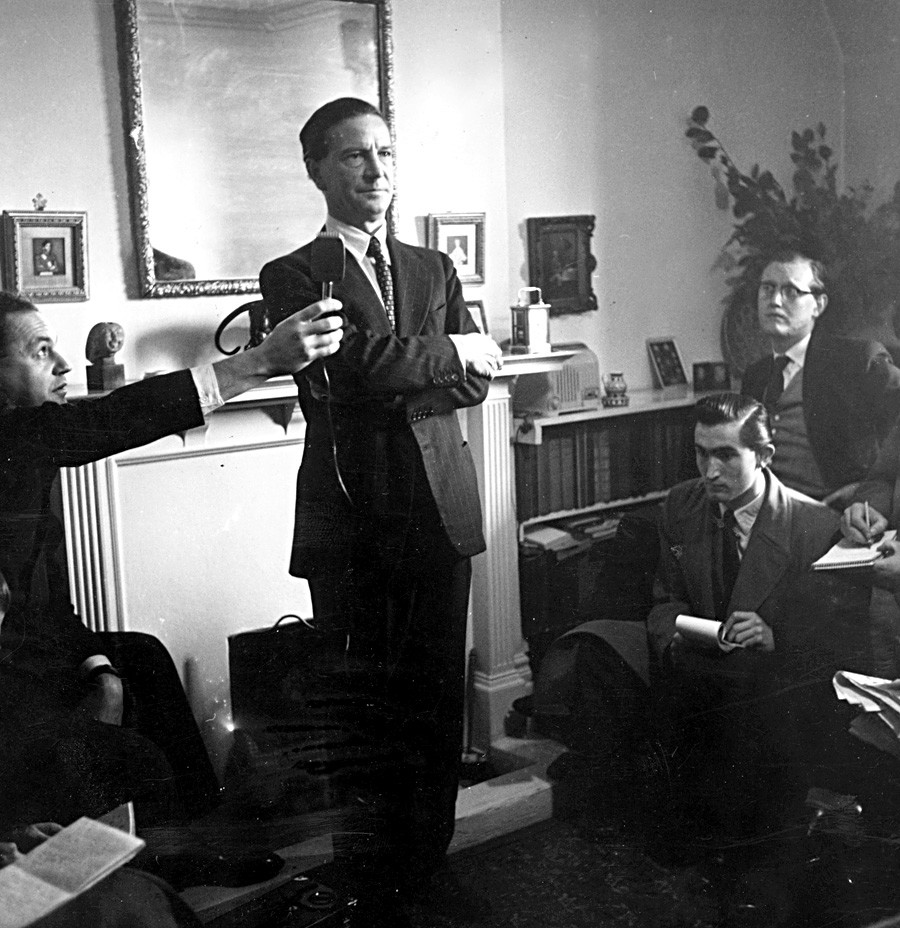
In 1955 Kim Philby held a press conference after being cleared of spying charges by Foreign Secretary Harold Macmillan. "I have never been a communist," he declared then
Getty ImagesHe started to cooperate with the Soviet secret service in the mid-1930s, shortly after graduating from Cambridge. Around the same
When he was appointed
Later, in 1949, Philby became the chief British intelligence representative in Washington, D.C. By virtue of this
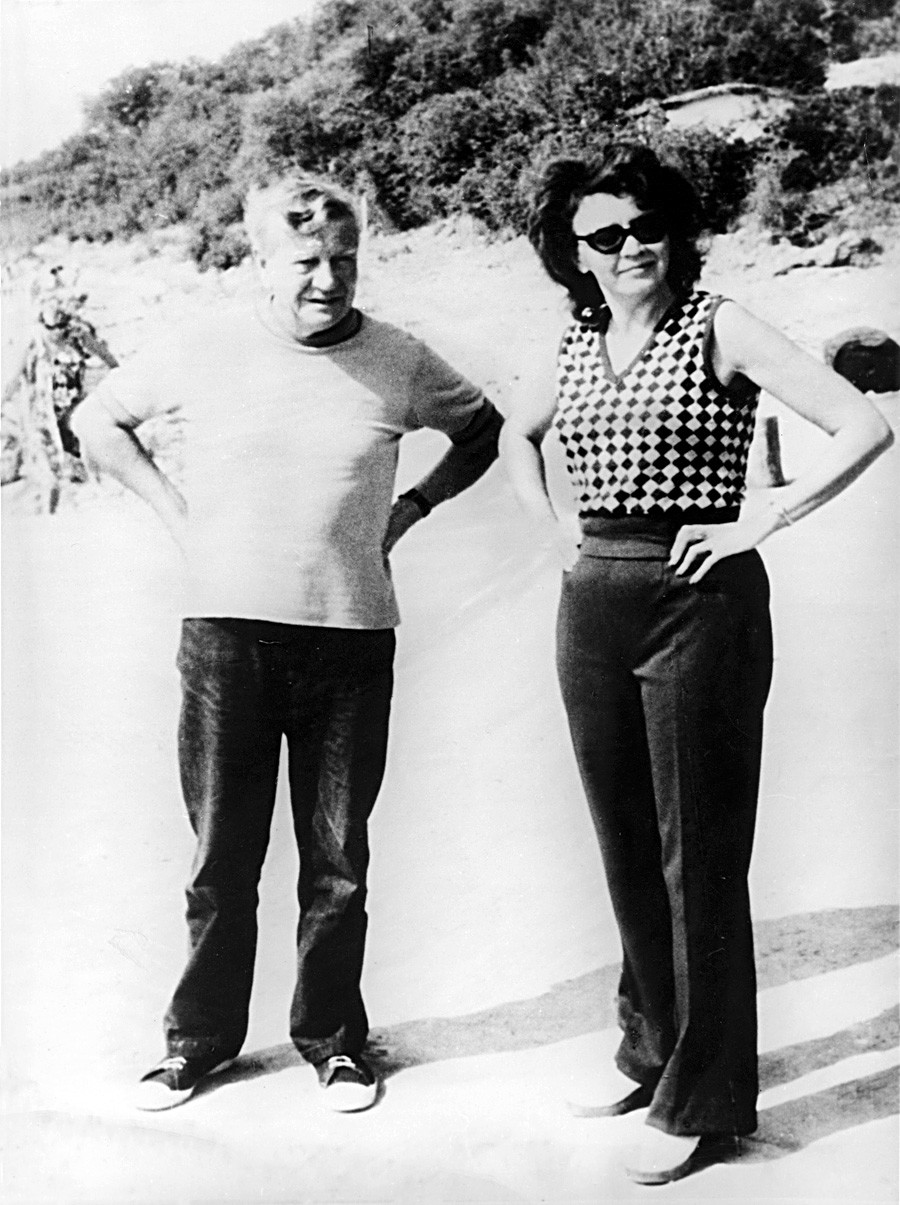
Kim Philby on holiday with his last wife Rufina Pukhova in the USSR, 1970s
Getty ImagesPhilby defected to the USSR in 1963 when he was on a brink of being uncovered.
2. George Blake
If Philby spent a quarter of a century in the USSR, another double agent from Britain, George Blake, has lived in Russia for more than 50 years after escaping from a UK prison.
Last November, on his 95th birthday, he explained why he switched allegiance back in the early 1950s. He said the events of the Korean War played a significant role here, as he witnessed scores of civilians killed by the “American military machine.”
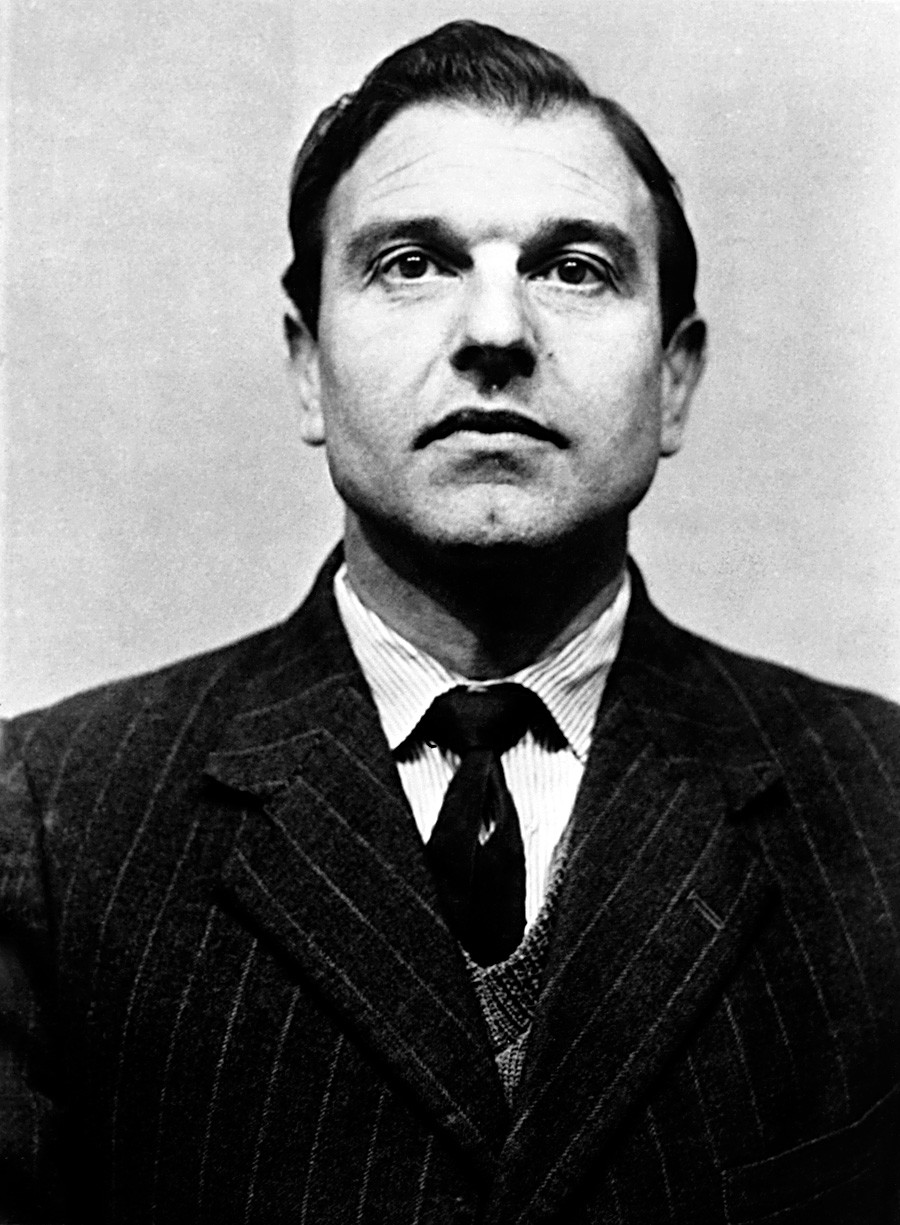
George Blake switched allegiance after he witnessed scores of civilians killed by the “American military machine” in Korea
Getty Images“It was then when I realized such conflicts are fraught with deadly danger for all humankind and took the most important decision in my life. I started active and uncompensated cooperation with Soviet foreign intelligence with the aim to defend peace in the world,” Blake wrote in a letter addressed to Russia’s
Blake was employed by MI6 during WWII. When the Korean War was over, he came back to London. They say that it was then when he informed the USSR about CIA and MI6’s plan to dig the tunnel from West to East Berlin to tap the landline communications of the Soviet army headquarters in Eastern Germany - operation “Gold” or “Stopwatch.”
Although it was difficult, the tunnel was dug and equipped with the necessary tapping tools. Moscow did not unmask it in order to avoid compromising Blake. The tunnel was “discovered” 11 months after the tapping started (when Blake was already given a new assignment in MI6). The scandal that broke out tainted the CIA's reputation.
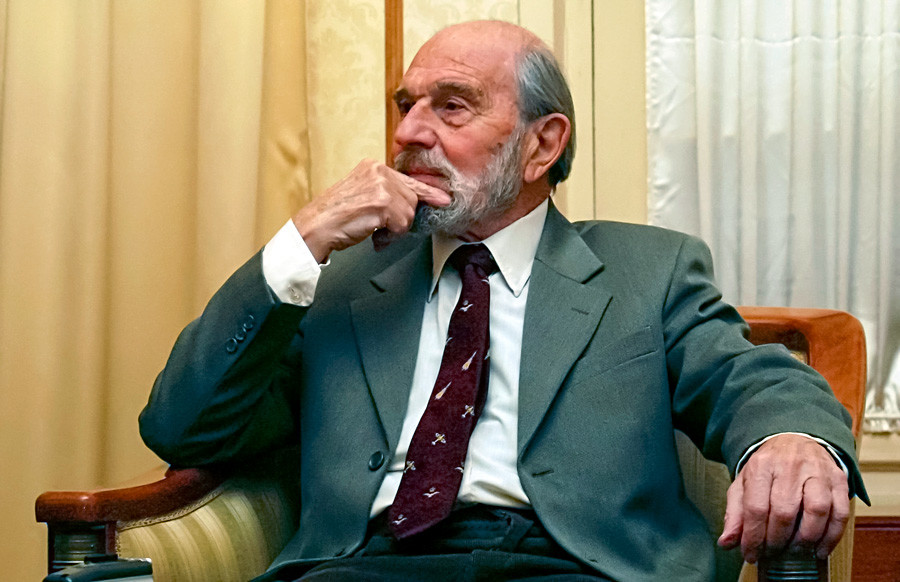
Blake has lived in Russia since his escape from British prison in 1966. This photo was taken in Nov. 15, 2006
APIn 1961 Blake was betrayed by a Polish intelligence officer. He was sentenced to 42 years in a UK prison. Four years later he managed to escape from jail, using a ladder of rope and knitting needles, and eventually found his way to Moscow, where he has lived ever since. In his
3. Aldrich Ames
Although the representatives of U.S. intelligence services somewhat rebuked their British colleagues for not unmasking top Soviet spies earlier, they themselves got involved into a “mole” scandal that tarnished the CIA and cost its head his position.
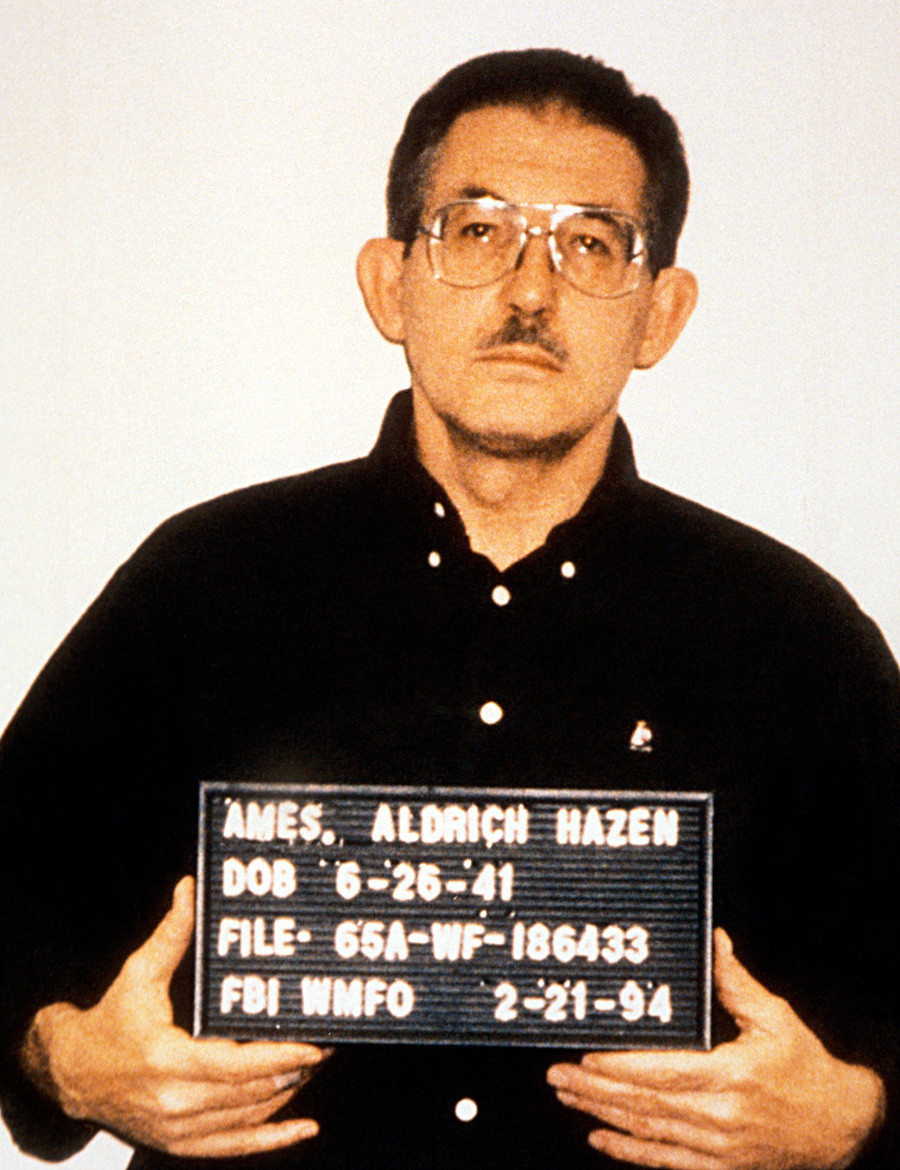
It is thought that Ames compromised about 100 CIA operations and helped to unmask many CIA’s “moles”
Getty ImagesIt all started in the mid-1980s when the chief of CIA's Soviet counterintelligence work Aldrich Ames started to cooperate with KGB. It lasted for almost 10 years until his arrest in 1994. It is thought that Ames compromised about 100 CIA operations and helped to unmask
He admitted in court that he had compromised “virtually all Soviet agents of the CIA and other American and foreign services" known to him. They say that Moscow used Ames for years to plant disinformation that was received in the form of CIA reports by three U.S. presidents.
It is believed that the CIA came across Ames due to a sudden increase in his standards of living. The house that he bought for half a million he paid for in cash, and the Jaguar luxury car he bought also raised eyebrows. At the same
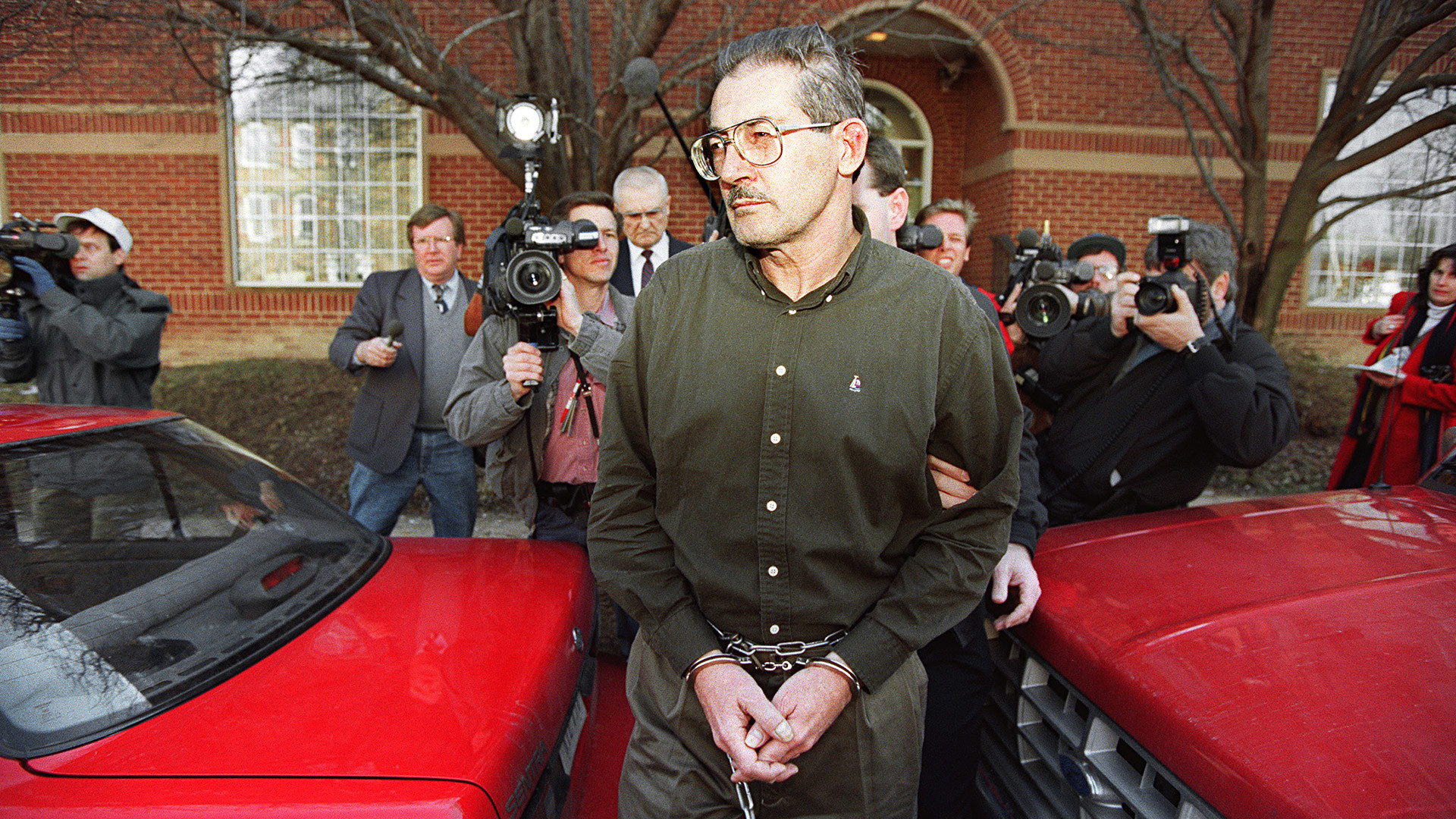
It is believed that the CIA came across Ames due to a sudden increase in his standards of living
AFPAmes was sentenced to life in prison. His case caused an uproar in the U.S. Congress and led to the resignation of CIA director James Woolsey.
Read here how a British agent tried to overthrow the Bolsheviks.
If using any of Russia Beyond's content, partly or in full, always provide an active hyperlink to the original material.
Subscribe
to our newsletter!
Get the week's best stories straight to your inbox